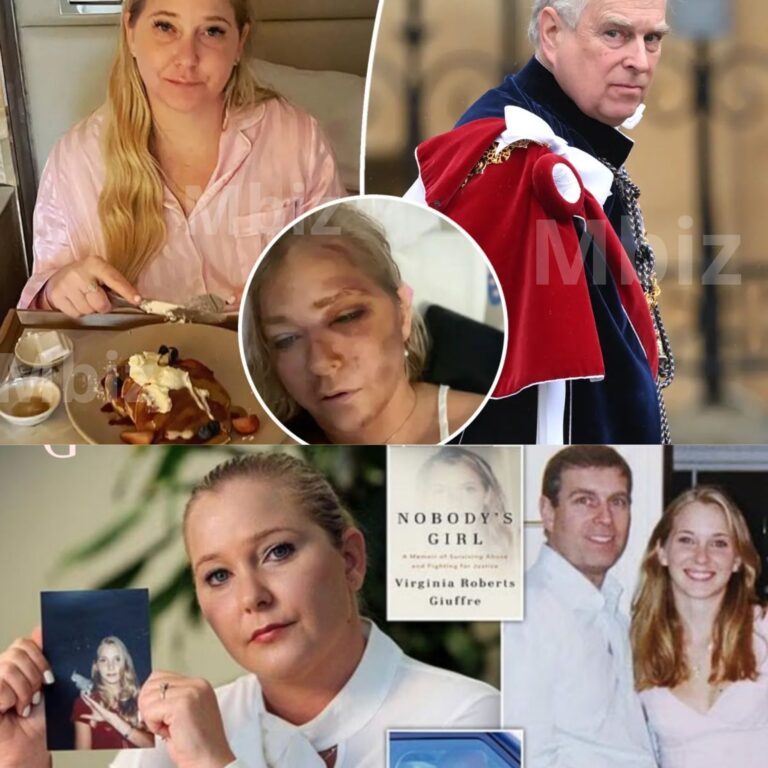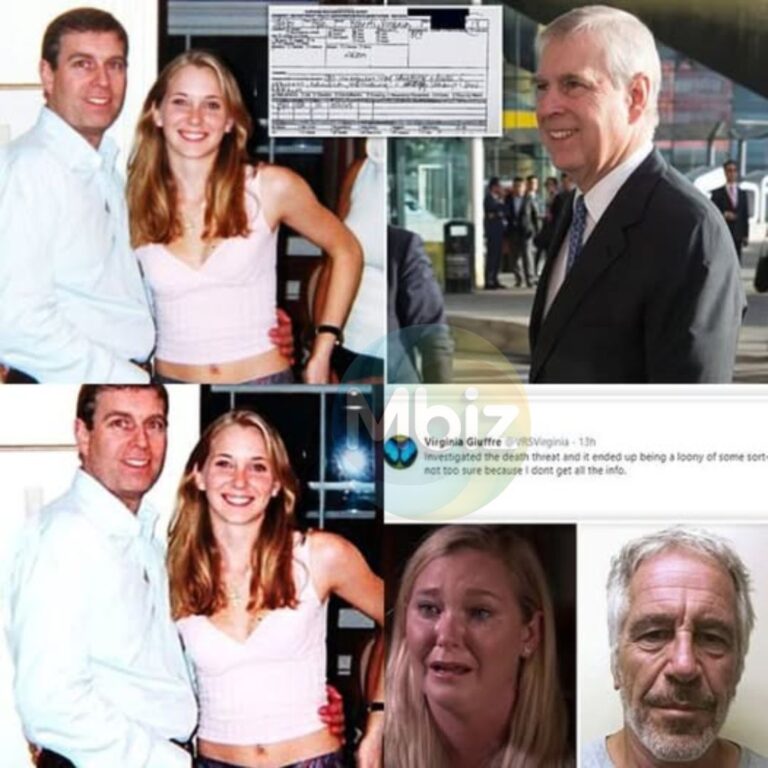Malcolm Reeves straightened his navy blazer as he walked through Heathrow Airport, his passport neatly in hand. At 43, he was the founder and CEO of Reeves Global Consulting, a London-based firm that had just forged a historic partnership with a Swiss investment group. Years of sacrifice, sleepless nights, and relentless drive had brought him here. For the first time, he decided to indulge in the reward of a first-class seat on his flight to Zurich.

At the gate, a few people recognized him from a recent business magazine and offered polite congratulations. But as he boarded the plane, his pride quickly evaporated.
A tall pilot stood at the entrance, greeting passengers with mechanical smiles. When his eyes met Malcolm’s, his expression darkened.
“Sir,” the pilot said, scanning Malcolm’s ticket. “You’re in the wrong row. Economy is further back.”
Malcolm frowned slightly. “No, this is my seat. 2A. First Class.”
The pilot gave a dry laugh. “Let’s not make this awkward. First-class people… don’t usually dress like you.” His gaze flickered briefly over Malcolm’s dark skin before turning cold again.
The cabin fell silent. Some passengers exchanged uncomfortable glances. A flight attendant took a step forward but hesitated, clearly intimidated by the pilot’s authority.

Malcolm took a slow breath. “I’ll take my seat now,” he said calmly, with a quiet but palpable strength.
He walked past the astonished pilot and sat down. The tension in the air was palpable. The subtle humiliation continued for the next two hours. Flight attendants poured champagne into other passengers’ glasses while he was brought only a sealed bottle of sparkling water. When he asked for a blanket, it took a considerable delay to appear. Every small action spoke volumes.
He said nothing. Not because he was weak, but because he knew that silence can sometimes be the sharpest weapon.
As the plane landed in Zurich, Malcolm closed his laptop and prepared for what was to come.
When the doors opened, the pilot stepped out again, shook hands, and exchanged pleasantries with the other first-class passengers. Then his smile faltered when he saw Malcolm still seated, his gaze calm and impenetrable.
“Sir, we have landed. You may now leave the aircraft,” the pilot said curtly.

Malcolm stood up, unbuttoned his blazer, and replied calmly, “I will. But first, I would like to speak with you and your crew.”
A murmur rippled through the cabin. He reached into his briefcase and pulled out a sleek black folder. Inside was an official identification card bearing the emblem of the European Aviation Safety Agency. The pilot’s complexion shifted.
“I’m not just a consultant,” Malcolm said, showing his badge. “I sit on the aviation ethics council that reviews the conduct of pilots and crew members on European airlines.”
The flight attendants froze. A passenger gasped. Cell phones began quietly recording.
“Today,” Malcolm continued calmly, “I experienced the kind of discrimination this council investigates. They saw my ticket and still questioned my right to be here because of how I look. They humiliated me in front of a full cabin.”
The pilot’s voice trembled. “Mr. Reeves, I—perhaps there was a misunderstanding—”
“No misunderstanding,” Malcolm interrupted. “Just prejudice. The kind that poisons this industry, the kind we’re trying to fight.”
He didn’t raise his voice. His calmness alone carried more weight than any outburst.

The pilot stammered an apology, but it was too late. The flight attendants looked ashamed, some almost moved to tears.
“This incident,” Malcolm said quietly, “is being fully documented. I trust that your company’s leadership will treat it with the necessary seriousness.”
He picked up his bag, nodded politely to the other passengers, and left the plane. No one said a word.
By the time he reached the baggage carousel, social media had already gone wild. Videos of the confrontation went viral under the hashtag #FlyWithRespect. The airline’s headquarters in Frankfurt issued a public apology the next day. The pilot was suspended pending an investigation, and mandatory inclusion training was announced.
But Malcolm didn’t want to make a spectacle of it. When the airline’s CEO called to offer a settlement, he refused.

“This isn’t about money,” he said firmly. “It’s about accountability. Make sure something like this never happens again—to anyone.”
Messages poured in from all over the world—Black travelers, Those who had felt invisible, and allies who vowed to stand up against injustice next time. He particularly remembered an email from a young aviation student in Madrid: “You reminded me that dignity can be louder than anger. Thank you for showing that we belong everywhere.”
A month later, Malcolm boarded another flight—this time to Oslo. As he entered first class, a new pilot stepped forward, extended his hand respectfully, and said sincerely, “Welcome aboard, Mr. Reeves. It is an honor to have you with us.”
Malcolm smiled faintly as he settled into his seat. The sky outside was a soft silver, the engines humming like distant thunder. He knew one flight wouldn’t change the world. But he had started something—and sometimes that was enough.





